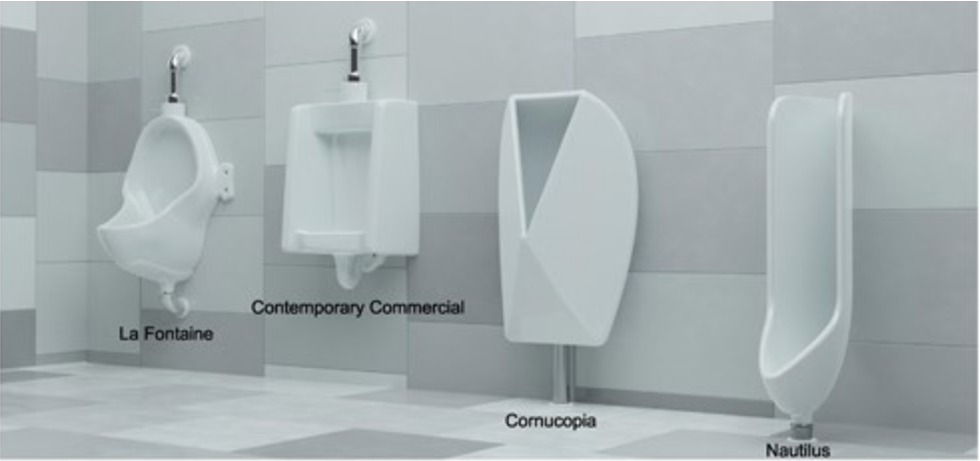Space is silent because it’s a vacuum where sound waves can’t travel. So, when astronauts aboard Apollo 10 heard an eerie sound on the dark side of the Moon, they were understandably spooked. While footage and transcripts of their experience were stored in NASA archives for decades, they weren't classified. In February 2016, NASA shared the audio on its Science Channel, prompting experts to explore the mystery behind the strange beeping sound.
Apollo 10 launched from Cape Kennedy on May 18, 1969, with Commander Thomas Stafford, Command Module Pilot John Young, and Lunar Module Pilot Eugene Cernan aboard. A key mission was to test the technology enabling the lunar lander (LM) to detach and reattach to the command module (CM). During this test, the astronauts reported hearing a strange "whistling" sound, according to Smithsonian magazine.
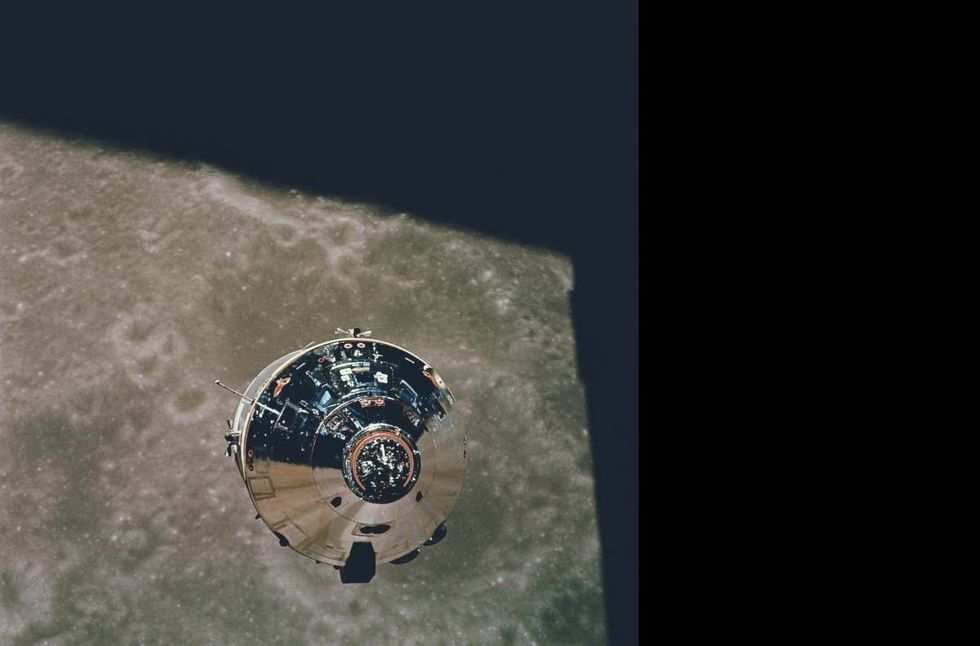
This strange sound was heard approximately when the space capsule was on a 60-minute trip around the Moon and the craft was out of range of Earth, as per BBC. One of the astronauts described it as “outer-space music.” The audio and transcripts reveal that the astronauts even discussed what they were hearing. “Whooooooooooo!” exclaimed Cernan. Young said, “Did you hear that whistling sound, too?” Cernan replied, “Yeah. Sounds like, you know, outer-space-type music.” Young said, “I wonder what it is.”
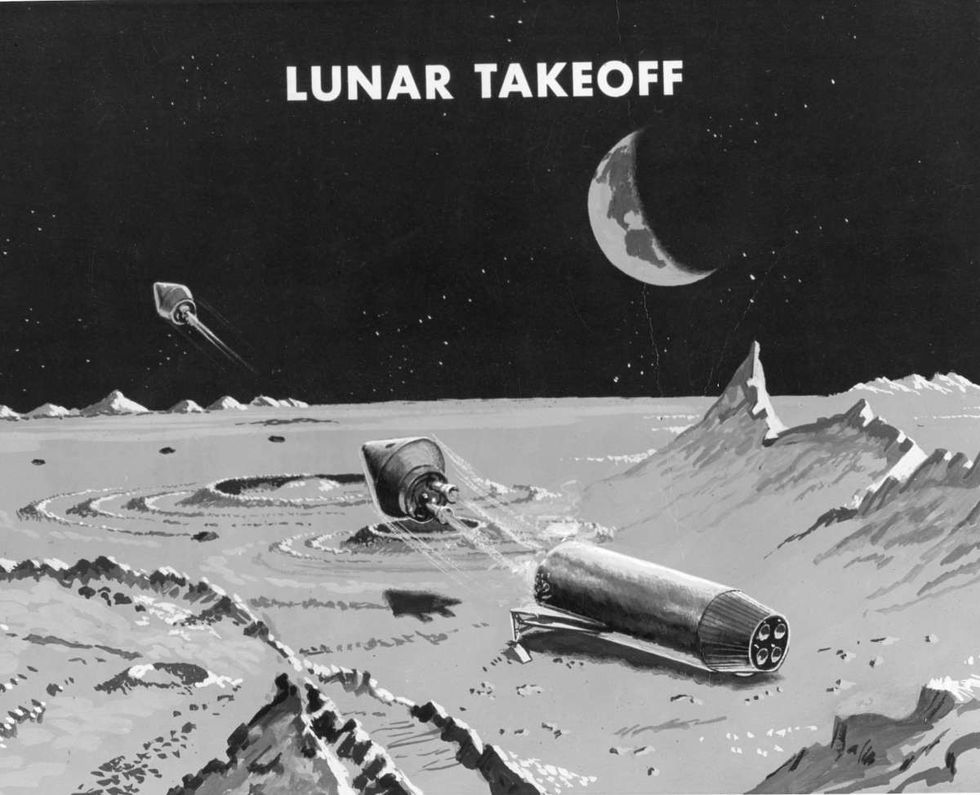
At this time, they were at the farthest point that any human had ever been from Earth. They were out of contact with Mission Control that operated in Houston. Since they were isolated from their home planet, this high-pitched sound felt very chilling.
They could have reported it to the control servers, but their audio reveals they were hesitant. "No one will believe us," they were heard saying in the footage. But why would they resist informing the mission control about the sound? The reason is NASA’s extreme concern for astronauts’ physical and psychological safety. Had they told them about this mysterious sound, NASA would have immediately aborted the mission, which they didn’t want. So they allegedly lied and kept the sound a secret.
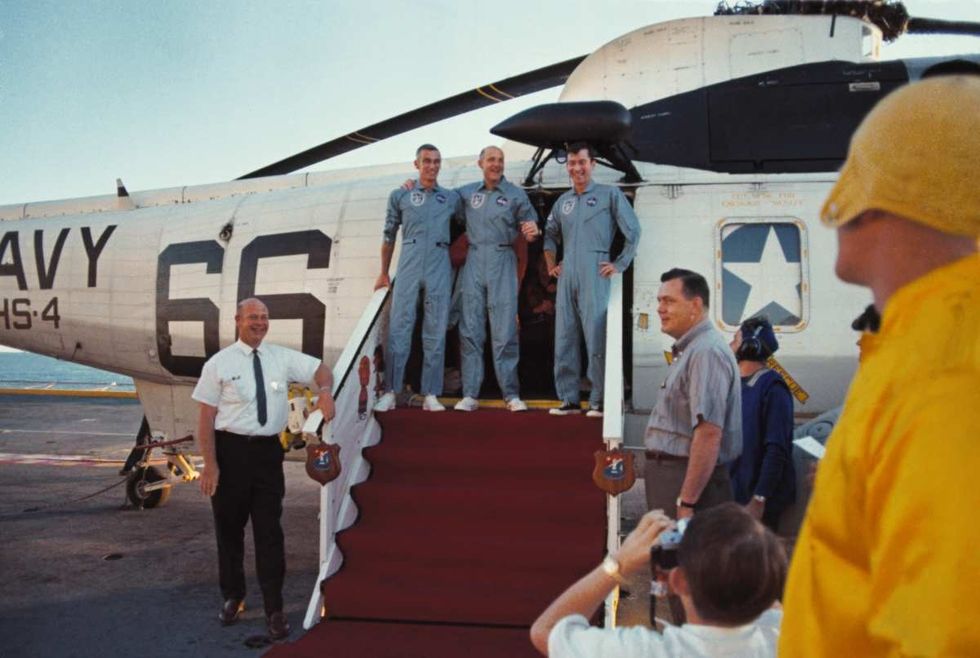
"Many astronauts and test pilots adopted a 'lie to fly' policy, knowing that the slightest crack in their steely demeanor might be enough for NASA to ground them forever," Sean O'Kane told The Verge, and added, "The thing is, no matter how prepared you might be for a trip into outer space, the smallest things can weigh heavily on your mind. And when you consider that the Apollo 10 astronauts were, at the time, the farthest point away from Earth (about 220,820 nautical miles, a record that stands to this day), it's not hard to imagine why they reacted the way they did."
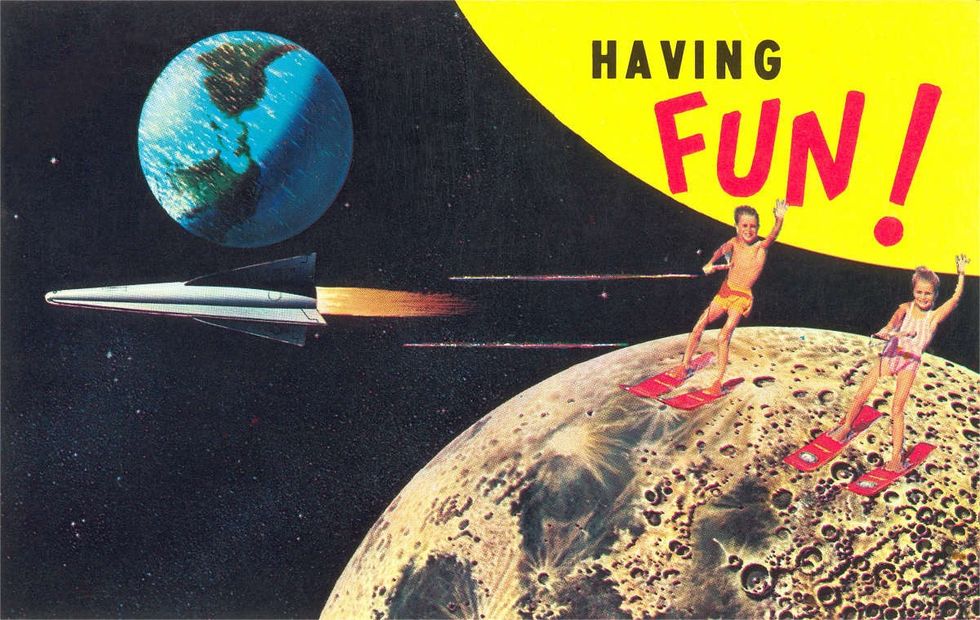
Decades later, many experts attempted to explain this mysterious sound. Thankfully, it was not the “music of the Moon” or alien saucer sounds. Rather, there’s a simple scientific hypothesis, that the sound was caused by charged particles interfering with the radio communication between the detached modules. A similar kind of sound was previously observed when the Cassini spacecraft passed by Saturn, per Smithsonian Magazine.
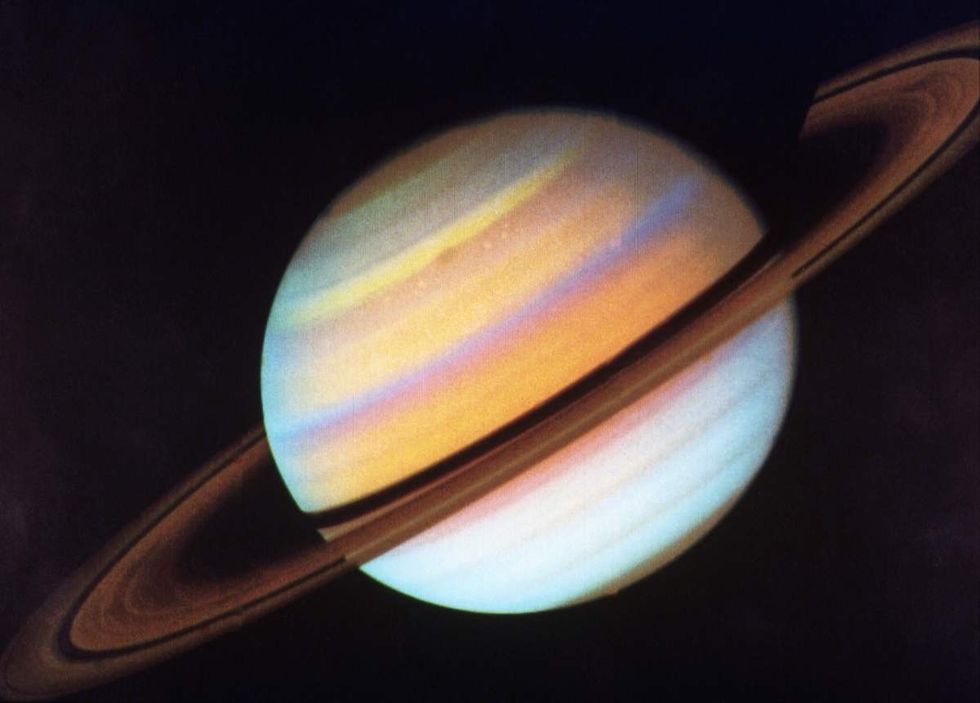
However, this explanation was ruled out because, unlike Saturn, the Moon does not have a magnetic field or an atmosphere. So, the charged particles couldn't have been making transmissions that can be picked up on a radio, explains ScienceAlert. As it turned out, there was a simpler explanation for this. The sound was just a radio interference between the VHF radios of LM and CM that were detached at the time when the astronauts heard this strange sound. “It was probably just radio interference. Had we thought it was something other than that we would have briefed everyone after the flight. We never gave it another thought,” Pilot Gene Cernan later told NASA.
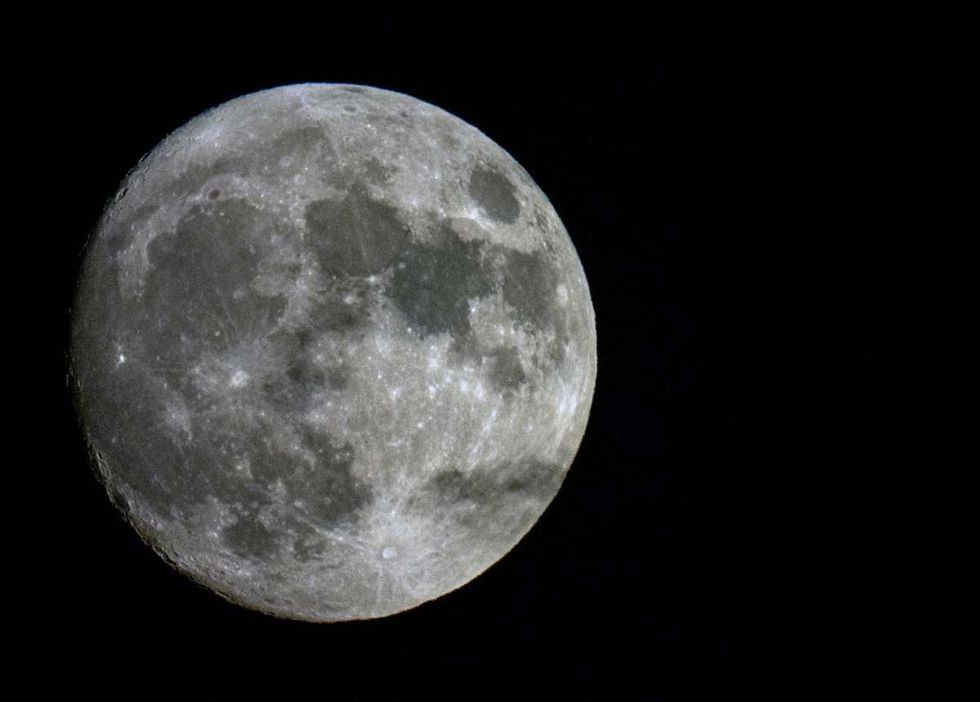
After this experience, NASA already warned the crew of Apollo 11 to look out for such a sound. The crew included Michael Collins, who remained in the CM alone while Neil Armstrong and Buzz Aldrin landed on the Moon's surface, according to IFL Science. Collins heard something. “There is a strange noise in my headset now, an eerie woo-woo sound.” He also wrote about it in his book “Carrying the Fire: An Astronaut’s Journeys,” per CNN, and added, “Had I not been warned about it, it would have scared the hell out of me."
According to Collins’ description, the sound started when the LM and CM were detached, and it ended when the LM landed on the Moon. So, the explanation of “radio interference” was confirmed. "The radio technicians (rather than the UFO fans) had a ready explanation for it," Collins wrote. "It was interference between the LM’s and Command Module’s VHF radios.” Music is something exclusive to planet Earth!






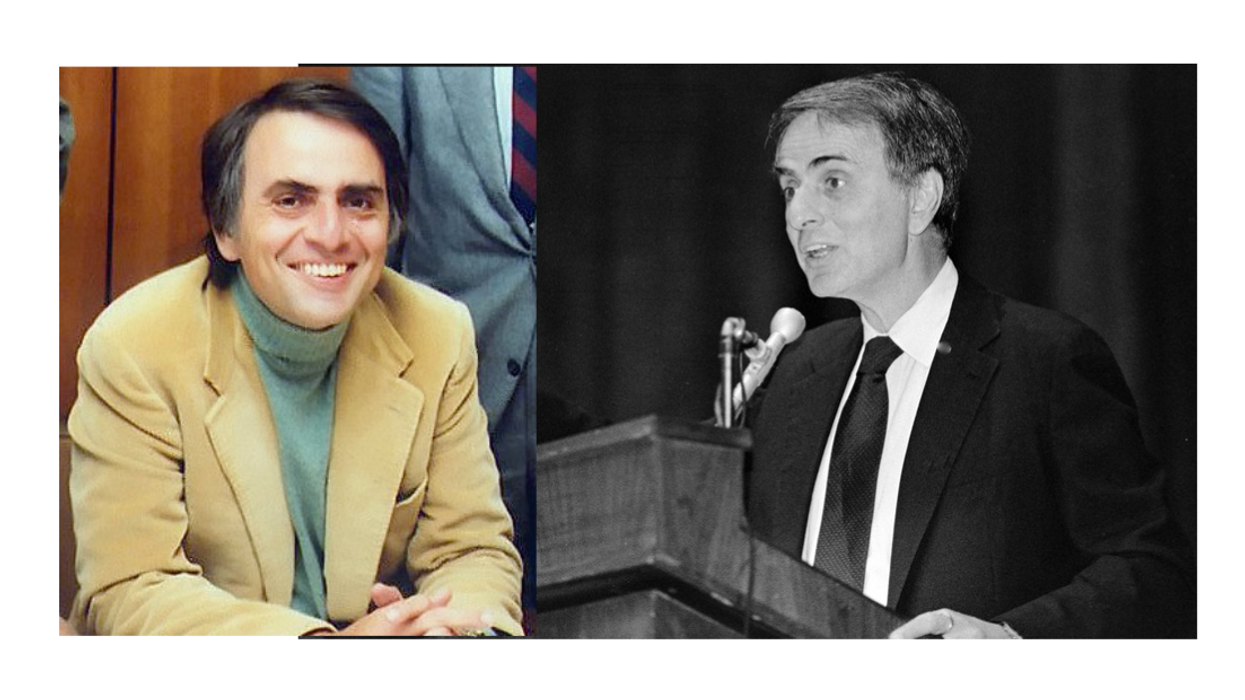































 A pair of scissors.
A pair of scissors. A can opener opening a tin can.
A can opener opening a tin can.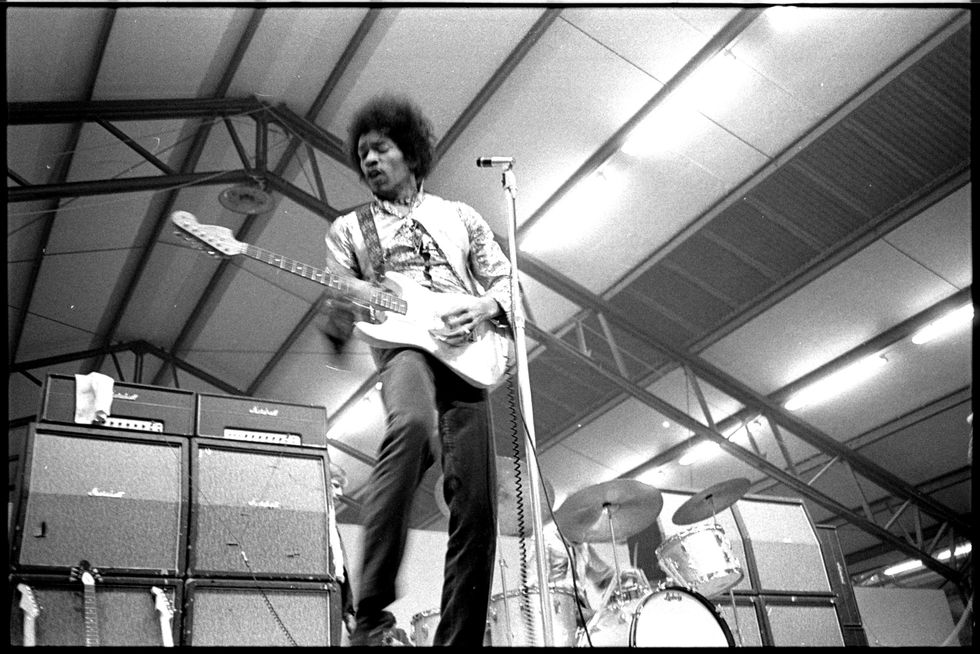 Jimi Hendrix playing on stage.Public Domain
Jimi Hendrix playing on stage.Public Domain A man handing over $20 in cash.
A man handing over $20 in cash. A person using a power saw.
A person using a power saw.
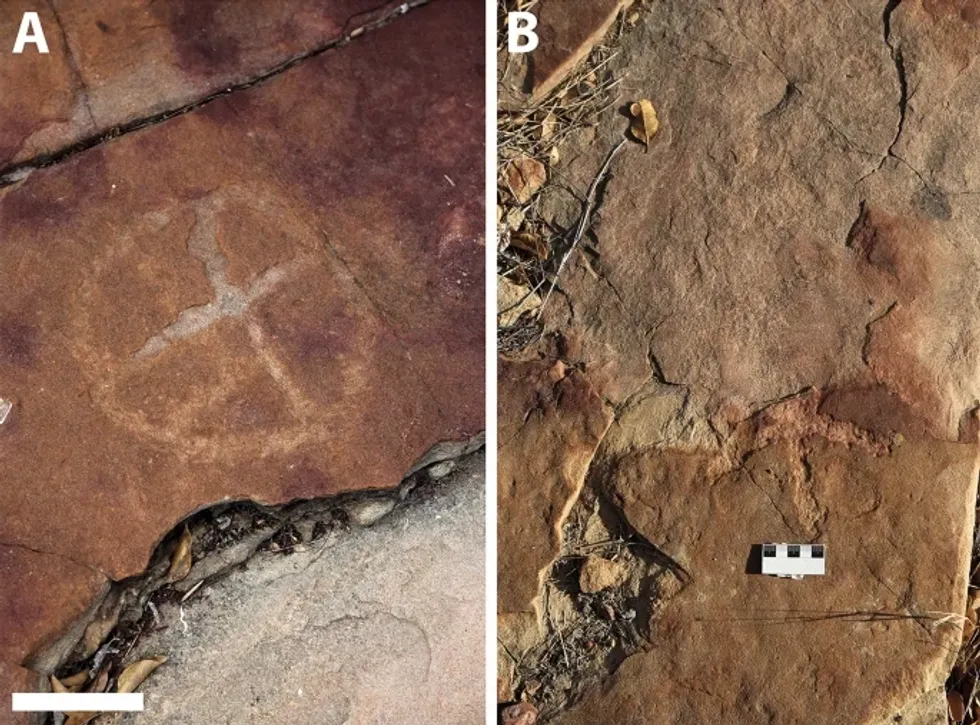 Rock deterioration has damaged some of the inscriptions, but they remain visible. Renan Rodrigues Chandu and Pedro Arcanjo José Feitosa, and the Casa Grande boys
Rock deterioration has damaged some of the inscriptions, but they remain visible. Renan Rodrigues Chandu and Pedro Arcanjo José Feitosa, and the Casa Grande boys The Serrote do Letreiro site continues to provide rich insights into ancient life.
The Serrote do Letreiro site continues to provide rich insights into ancient life.

